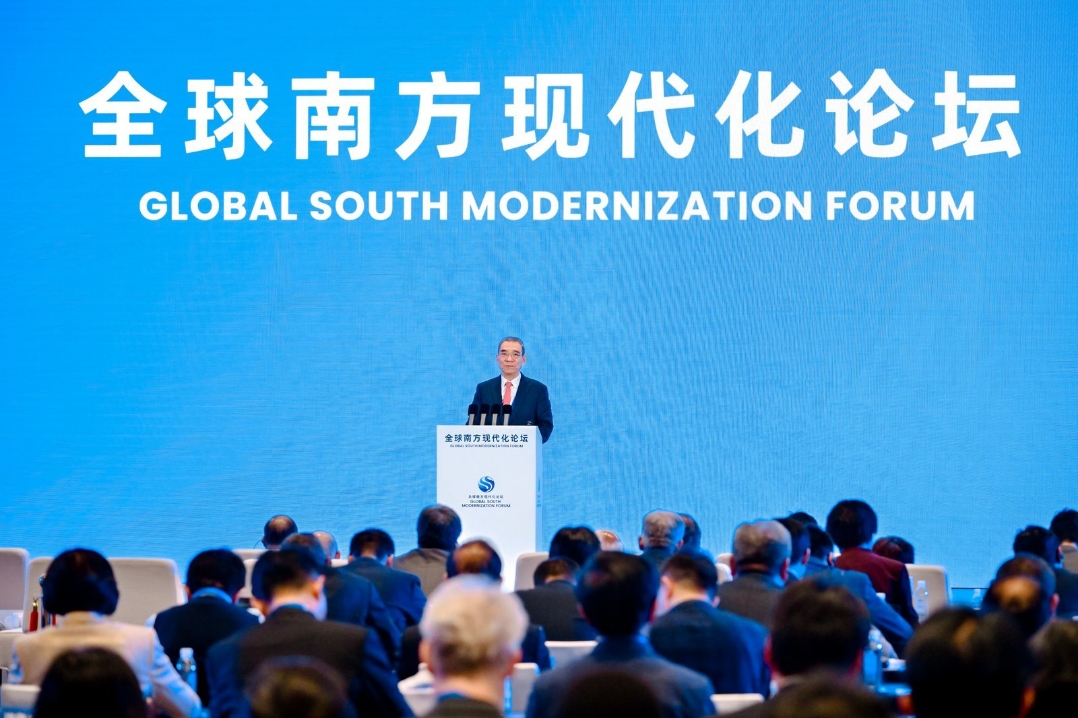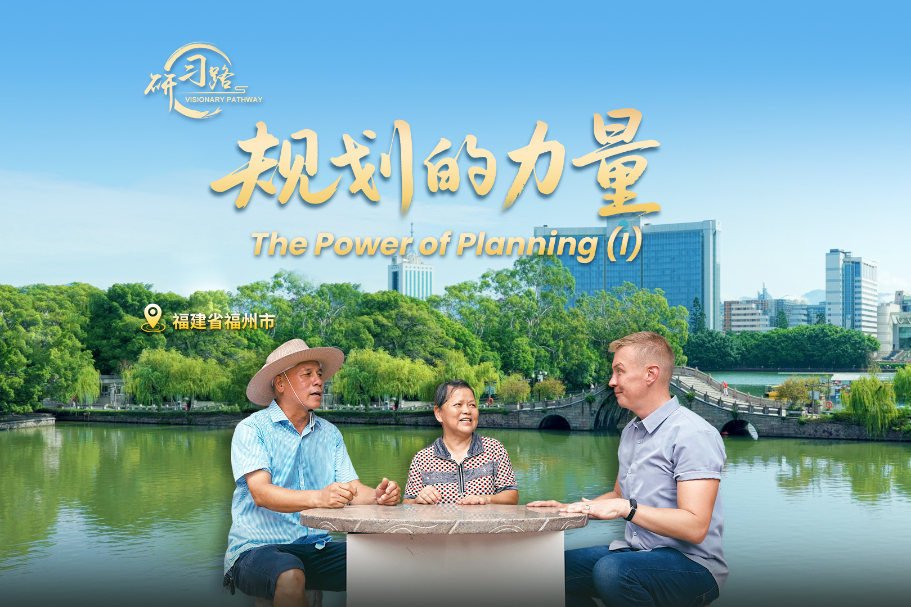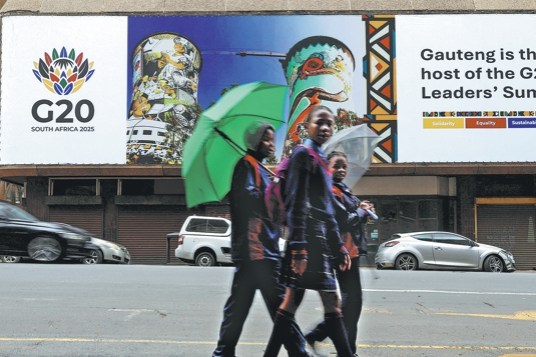Solidarity and cooperation essential means to address common challenges: China Daily editorial


Premier Li Qiang's remarks at the G20 Summit in Johannesburg, South Africa, together with his bilateral meetings on the sidelines, indicate that China is prepared to work with all like-minded partners to address challenges through cooperation, openness and responsible global governance.
China's stance at the G20 Summit reinforced that solidarity and pragmatic cooperation are obligatory for major economies if the world is to address these pressing concerns. The conviction that global challenges require global solutions was the core of Li's message. His call for the G20 members to uphold the principle of common but differentiated responsibilities in addressing climate change and ecological protection underscores China's long-held view that climate action must be both science-based and fair.
Against the backdrop of rising protectionist rhetoric in some parts of the world, Li's call for cooperation in green industries and for stable, unimpeded supply chains was a reminder that attempts to politicize or weaponize clean-energy supply lines run counter to the world's collective interest. China's readiness to support other countries' energy transitions — both through technology and investment — is a practical antidote to this.
Stable food supply chains are a foundation of development and human security, and Li also urged G20 members to enhance their agricultural science and technology cooperation and build an open, stable global food market. Hunger and poverty are challenges that disproportionately affect developing countries. China's push to implement the International Cooperation Initiative on Global Food Security signals its intent to contribute tangible solutions to address this.
Likewise, Li's emphasis on the governance of artificial intelligence was not only forward-looking but also pertinent to the challenges posed by the development of AI. By encouraging broader participation in the World Artificial Intelligence Cooperation Organization and advancing international cooperation in open science, China positioned itself as a proactive contributor to shaping the rules and norms for the application of AI in a way that prioritizes safety, fairness and shared benefit.
Li's call for responsible governance also extended to critical minerals, where he advocated mutually beneficial cooperation and peaceful use, as well as prudence regarding their security implications. The support he expressed for the United Nations Secretary-General's Panel on Critical Energy Transition Minerals and the G20 Critical Minerals Framework reflects China's insistence on multilateral, rules-based approaches instead of zero-sum competition.
China's commitment to the Global South's development empowerment was further underscored by Li's proposal to strengthen support for Africa and other developing regions. Implementing the G20 Nelson Mandela Bay Target, as Li urged, would ensure that young people in developing countries have a real stake in global economic transformation.
These messages delivered to the G20 were reinforced by Li's bilateral diplomacy in Johannesburg. In his meeting with South African Deputy President Paul Mashatile, Li emphasized strategic alignment, deeper economic cooperation and stronger coordination within the Forum on China-Africa Cooperation and other Global South frameworks.
He advocated greater two-way opening-up, expanded cooperation in emerging industries and more robust people-to-people links in his meeting with Italian Prime Minister Giorgia Meloni, providing a clear pathway for practical cooperation.
And in his meeting with German Chancellor Friedrich Merz, Li not only emphasized upholding the principles that have defined China-Germany relations for more than five decades — mutual respect, pragmatic dialogue and win-win cooperation — he also called for the European Union to have a rational perspective of its relations with China, stressing that China sees the bloc as a partner.
Taken together, Li's participation at the G20 Summit and his bilateral engagements reaffirmed China's commitment to openness, cooperation, multilateralism and shared development. At a time when geopolitical tensions and economic uncertainties threaten to undermine global trust and concerted responses to the grave global challenges, it is high time countries embraced solidarity as the curative.

































